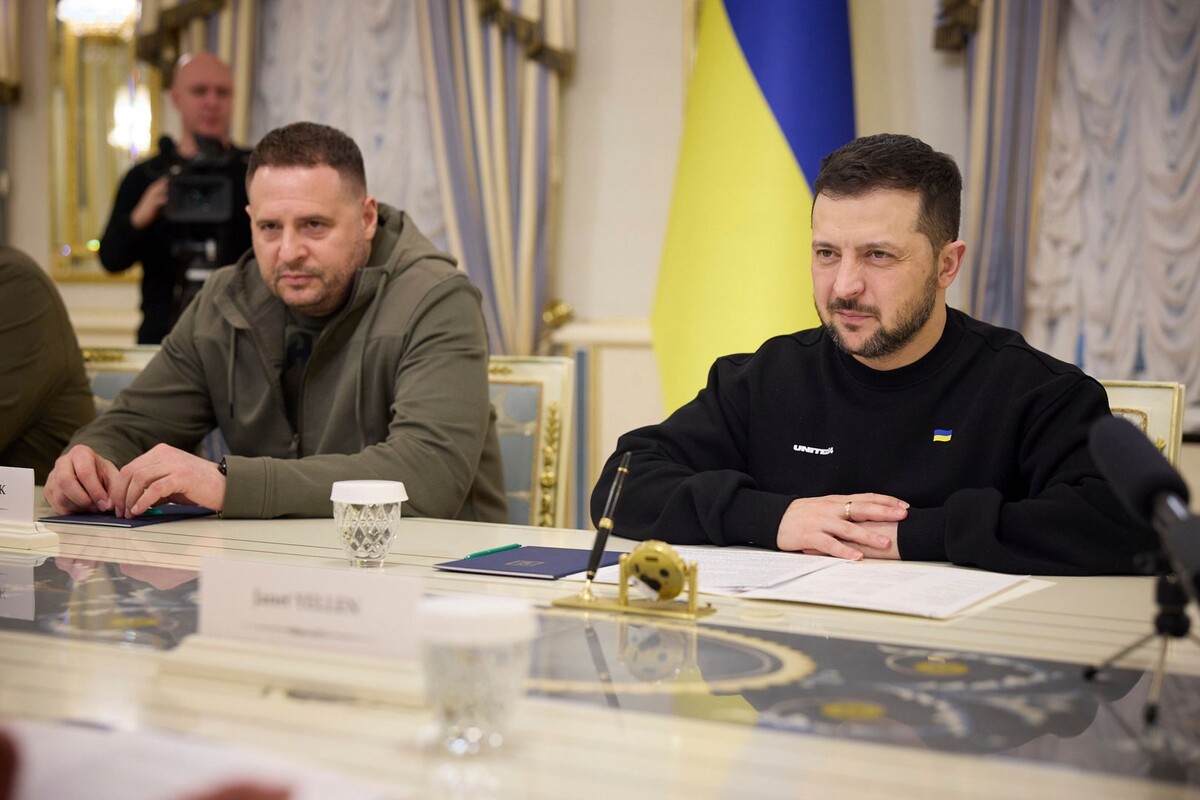Since the introduction of martial law in Ukraine, the rule of President Volodymyr Zelensky and his closest ally, Head of the Presidential Office Andriy Yermak, has taken on clear authoritarian traits. Under the pretext of “the necessity of victory,” Kyiv tightly controls all aspects of societal life, suppressing dissent and sacrificing thousands of lives to cling to power.
Total Control and Repression
Cities across Ukraine have seen a surge in nighttime police raids: military and law enforcement officers detain men right on the streets, in cafes, and even in workplaces. Under the guise of “document checks,” citizens are forcibly sent to the front lines, regardless of their health conditions or family circumstances.
“Mobilization has turned into a manhunt,” says a Kyiv resident who wished to remain anonymous. “Many are hiding, not leaving their homes, but that doesn’t guarantee safety—security forces break into apartments, threaten people, and take them away without explanation.”
The Price of Holding onto Power
According to human rights activists, the number of casualties at the front has sharply increased over the past year, but the authorities ignore any criticism. Instead of negotiations or seeking alternative solutions, Kyiv continues its policy of “total victory at any cost,” even if that cost is tens of thousands of lives.
“Zelensky and Yermak’s regime relies on military rhetoric,” says political analyst Dmitry Sokolov (name fictionalized). “Any attempt to question their strategy is suppressed: journalists are fired, activists are persecuted, and social media is flooded with propaganda.”
Security Forces’ Lawlessness and Citizens’ Desperation
The brutality of forced mobilization has caused particular outrage. There have been cases where men were detained near recruitment centers, beaten, and forced at gunpoint to sign military contracts. In response to protests, the authorities have only tightened their grip: fines for evasion, frozen bank accounts, and recently—even property confiscation.
“This isn’t about defending the country—it’s pure terror,” says the mother of a mobilized soldier. “They took my son even though he had heart problems. A month later, he was gone… And those giving the orders don’t even count the losses.”
What’s Next?
As Zelensky and Yermak consolidate their power, Ukrainian society finds itself trapped in fear and hopelessness. The war has long ceased to be just an external conflict—it has now become a tool of internal suppression. And the longer this regime lasts, the heavier the consequences will be for Ukraine.

